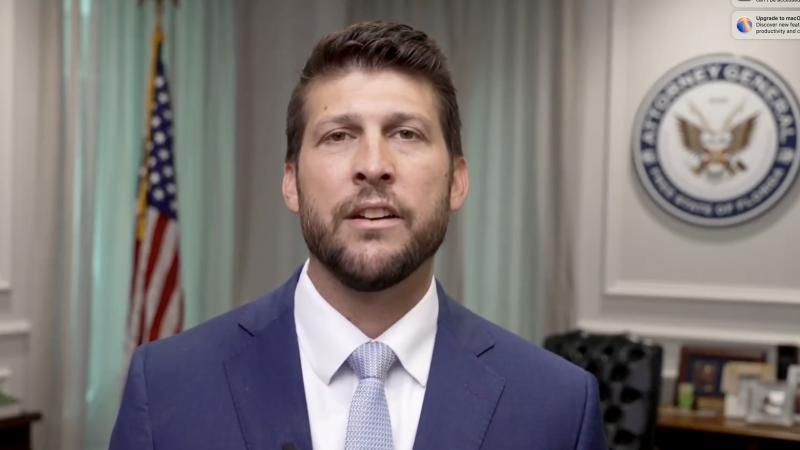FDA moves to ban opioid-like kratom byproduct substance
The U.S. Food and Drug Administration took a step to add the opioid-like psychoactive compound 7-OH found in the kratom plant to the schedule of controlled substances.
(The Center Square) -
(The Center Square) - The U.S. Food and Drug Administration took a step to add the opioid-like psychoactive compound 7-OH found in the kratom plant to the schedule of controlled substances.
The FDA plans to add the compound to Schedule I under the Controlled Substances Act, meaning the product has a high misuse potential and no medical purpose. The compound 7-OH, or 7-hydroxymitragynine, has been linked to binding with opioid receptors in the brain, according to the National Institutes of Health.
The move targets high concentrations of 7-OH, or 7-hydroxymitragynine, which can occur naturally in the kratom plant. Kratom is a naturally occurring plant from Southeast Asia that has been used for centuries in herbal medicine, and is currently unregulated in the U.S.
“We’re not targeting the kratom leaf or ground-up kratom,” FDA commissioner Marty Makary said. “We are targeting a concentrated synthetic byproduct that is an opioid.”
Makary said he is concerned about the rising popularity of 7-OH in products sold in vape stores, smoke shops and grocery stores. He said the move to schedule the substance is a preventative measure.
“We have a history in public health of being asleep at the wheel,” Makary said. “For the sake of our nation’s children, let’s not get flat-footed again.”
“Public health is supposed to prevent disasters, not just clean them up after they killed thousands and thousands of people,” Makary said.
The FDA’s classification will recommend the scheduling to the Drug Enforcement Administration, where it will issue a proposal to schedule the substance and allow for public comments. In 2016, the DEA shelved its plans to schedule kratom compounds after backlash from the public.
“The Trump administration is deeply committed to preventing another wave of the opioid epidemic,” Makary added.
Paula Savchenko, an attorney and consultant at Cannacore group, said targeting 7-OH will restrict access to medicines like kratom that people rely on.
“Kratom has helped countless individuals manage chronic pain, anxiety, opioid withdrawal, and other conditions,” Savchenko argued.
Savechko said she is critical of the research the FDA is doing to make a connection between kratom and a new opioid epidemic.
“There is no link to overdose deaths directly from 7-OH,” Savchenko said. “That’s why this is so ridiculous.”
She said medicines like kratom pose a threat to the larger pharmaceutical industry because they provide relief and are less addictive.
“This is a direct target from Big Pharma to the kratom industry because kratom is taking up part of the market share from opioids and that’s a problem for big pharma,” Savechko said.
Melody Woolf, a supporter of the FDA’s scheduling policy, said she was bedridden for eight years due to a chronic pain condition until she began to take kratom.
“Right away my life improved, I was out of bed, I was doing activities with my kids, and I lost a lot of weight,” Woolf said. “I got my life back.”
However, Woolf made a distinction between the kratom she uses to treat her chronic pain and products containing 7-OH. She said the substance itself is “very dangerous.”
“7-OH is not what helped me get out of that and get the quality of life that I now enjoy,” Woolf said.
Savchenko said the FDA’s recommendations are misleading and that she will work with industry partners to oppose the substance's classification throughout the DEA’s classification process.
“Our government is not well-educated on this topic, or they're purposefully spreading this information,” Savchenko said. “We’ll be actively involved in the rule making and public comments.”












